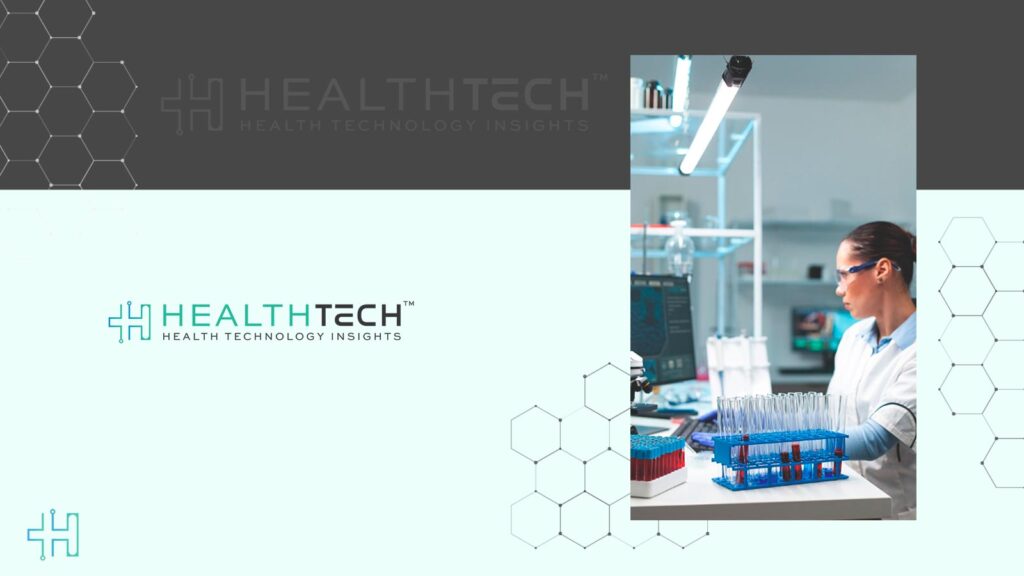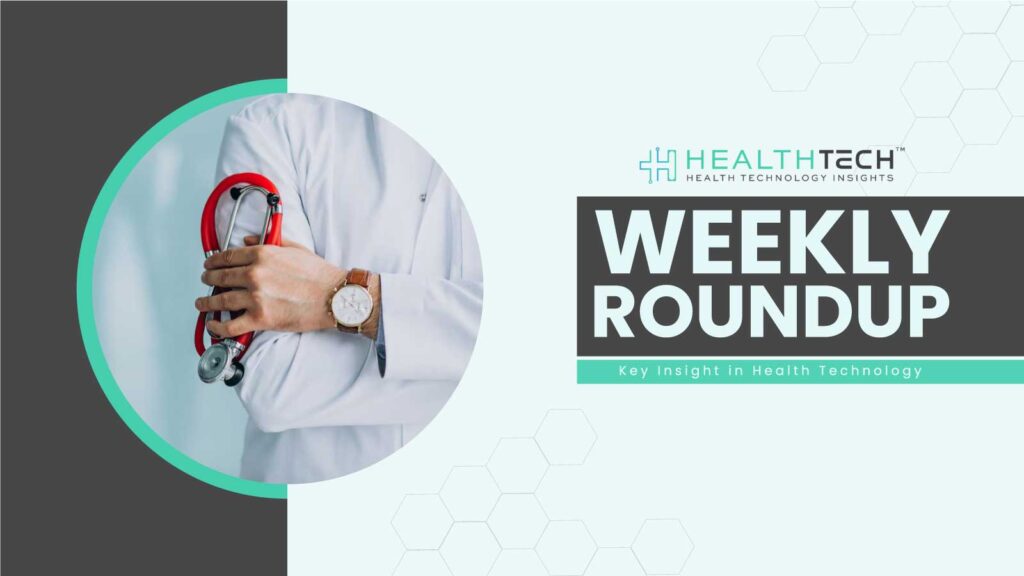NeoGenomics has shared encouraging early results from using an AI-powered assistant that helps speed up cancer diagnostic reports, handles more cases efficiently, and is well-received by pathologists who review next-generation sequencing data. The field of pathology is struggling with a serious shortage of skilled professionals, which is impacting cancer patient care. A 2023 survey by the College of American Pathologists shows that the demand for pathologists is growing quickly, but finding qualified specialists has become harder.
Molecular pathology is a new area that focuses on interpreting complex genetic and molecular tests. Since it’s still developing, there are fewer experts available, making the workforce shortage even worse. At the same time, labs are dealing with lower payments for these complex tests, which means they need to be more efficient and provide better results at lower costs. Dr. Nathan Montgomery, vice president of medical services at NeoGenomics, notes that patients often have to wait a long time for test results that are vital for cancer diagnosis or treatment decisions. He says, “As labs look for ways to be more efficient, pathology reporting is an area where automation and AI tools can help speed up the process of getting results back to patients.”
Health Technology Insights: Zifo Launches AI App for Antibody Discovery on Snowflake
NeoGenomics found that the process for creating genomic testing reports was inefficient because of the complexity of genetic changes in cancers and how different they can be. Simple manual methods and basic reporting tools weren’t enough to handle the detailed nature of these changes or to provide consistent interpretations. Montgomery explained, “Manual processes were slow, and standard macro tools couldn’t properly interpret the combinations of mutations that often occur in a patient’s cancer.”
To fix this, NeoGenomics teamed up with Caylent to create a generative AI tool that helps write explanations for genomic test reports in patients with blood cancers. This AI assistant is meant to cut down on the time pathologists spend on each case while ensuring accurate and standard interpretations. The tool is integrated into existing lab systems through a feedback loop that keeps pathologists involved in the review process. Montgomery said this way, pathologists can focus on the most important parts of their work while the AI handles routine tasks. “We’re testing this technology with integration into existing lab systems through a ‘lab in the loop’ feedback mechanism, which allows pathologists to stay in charge while greatly improving how quickly reports are processed,” he said.
Health Technology Insights: AvodahMed and Pulse4Pulse Team Up for AI Preventative Care
The system is expected to reduce the time it takes to get results, handle more cases to reduce patient backlogs, and improve satisfaction among both pathologists and the doctors who depend on their reports. NeoGenomics started using this technology with its Neo Comprehensive Heme Cancers and Neo Comprehensive Myeloid Disorders tests, with plans to use it for more tests as the technology proves effective and the processes get better. Montgomery sees this as the start of a bigger change in how pathology services can use AI to tackle workforce shortages and capacity issues. He said, “This is just the beginning of what we hope will be a transformative shift in how pathology services can use advanced tools like AI to overcome persistent challenges in our field.”
NeoGenomics worked with Caylent and Amazon Web Services to build the AI assistant using Amazon Bedrock, a platform for creating scalable generative AI apps. The assistant combines genomic and patient data to provide detailed summaries for pathologists. Montgomery explained, “NeoGenomics is changing pathology workflows with the AI-powered Pathology Assistant built on retrieval-augmented generation and knowledge graphs. The system is focused on automating routine analysis of NGS test results using Amazon Bedrock to reduce the time pathologists spend on each case while keeping the interpretations accurate.”
Since implementing this system, NeoGenomics has seen significant improvements in report processing and standardization. “Early results show faster turnaround for reports, a big increase in throughput, and high satisfaction from pathologists reviewing NGS data,” Montgomery said. The integration with lab systems and ongoing feedback loops help keep the system improving. He added, “Putting this proof-of-concept tool into real-world use has the potential to speed up result delivery, make interpretations more standard, and improve the quality of reports.”
Health Technology Insights: Shilpa Medicare’s NorUDCA Makes History as First Approved NAFLD Therapy Worldwide
To participate in our interviews, please write to our HealthTech Media Room at sudipto@intentamplify.com




